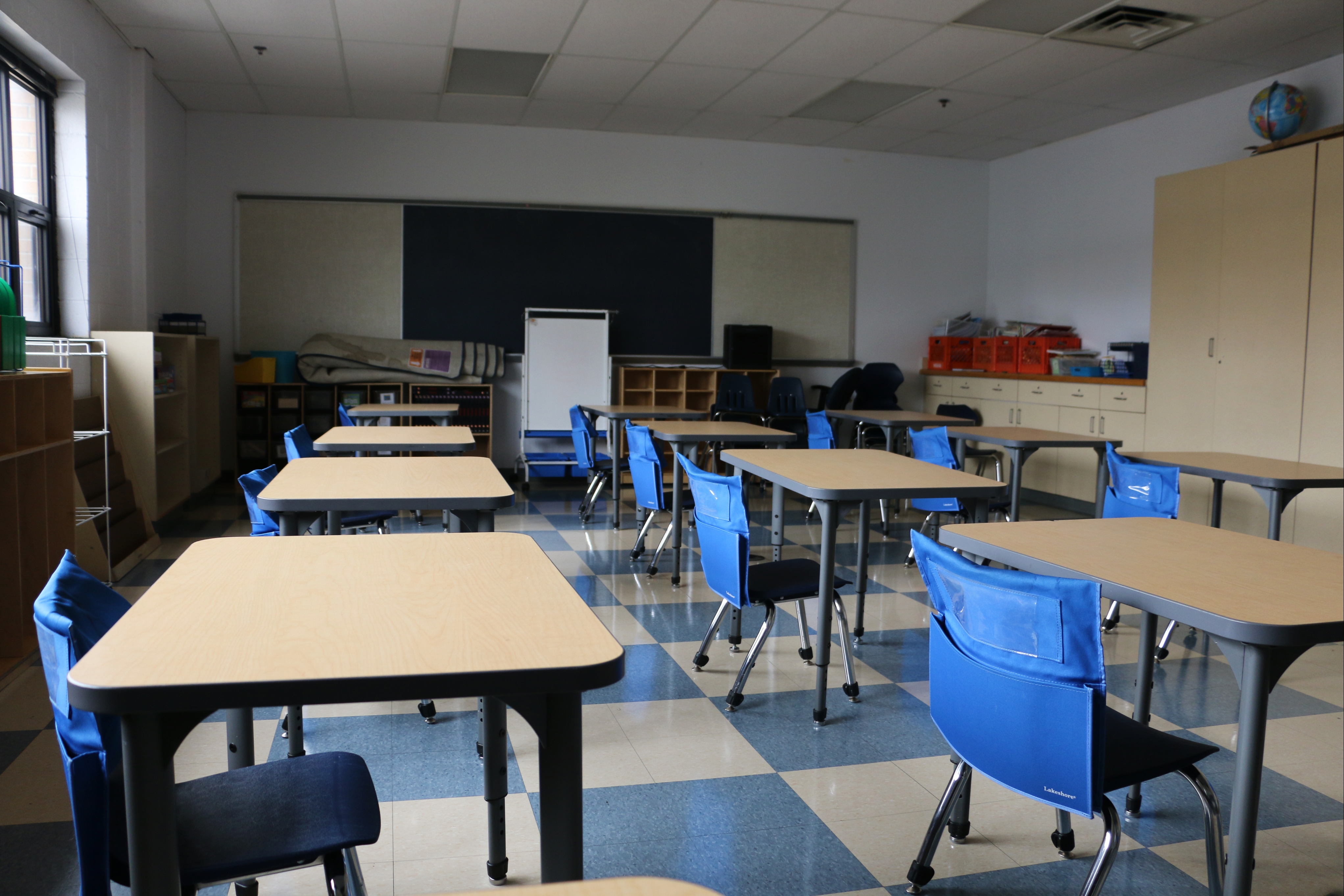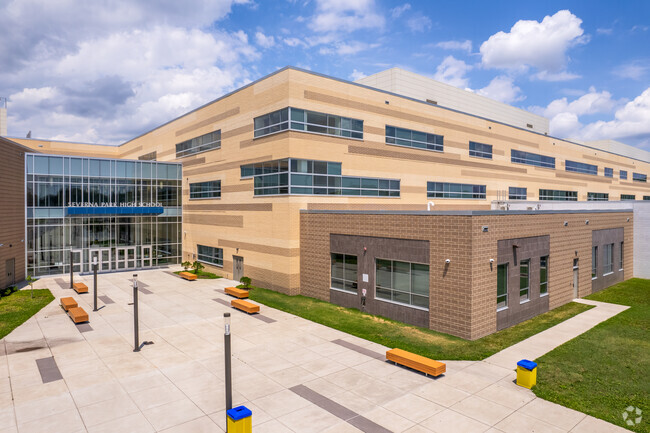Ingenious Solutions to Save Temecula Schools from Budget Cuts
Ingenious Solutions to Save Temecula Schools from Budget Cuts
Blog Article
Exactly How Schools Play an Important Function in Shaping Future Leaders and Trendsetters
By integrating project-based understanding and interdisciplinary researches, educational organizations challenge trainees to assess and synthesize complicated information. Educators serve as mentors, leading students and nurturing their capacity, while extracurricular tasks even more develop leadership abilities and durability.
Cultivating Essential Assuming
In today's rapidly progressing globe, cultivating crucial thinking within instructional institutions has ended up being extremely important. As society comes to grips with significantly intricate global difficulties, the capability to assess, evaluate, and synthesize information is vital. Colleges play a crucial function in establishing these abilities, preparing pupils to browse and resolve complex problems with informed, reasoned decisions.
To cultivate crucial thinking, teachers employ different pedagogical techniques that motivate active discovering and intellectual involvement. Class conversations, problem-based discovering, and Socratic examining are critical in advertising analytical and reflective mind. By challenging students to question assumptions and think about numerous point of views, these approaches make certain a deeper understanding of subject beyond memorizing memorization.
In addition, integrating vital assuming throughout the curriculum reinforces its relevance and applicability in varied contexts. Subjects such as mathematics, scientific research, history, and literary works each deal one-of-a-kind chances to establish pupils' critical professors. Assessing historical events needs recognizing and evaluating resources context, while scientific query needs rigorous theory testing and evidence-based thinking.
Eventually, instilling important thinking abilities in students furnishes them with the cognitive tools necessary for long-lasting understanding and adaptability. It is with this fundamental competence that future leaders will be able to innovate, resolve troubles, and contribute meaningfully to culture.
Urging Imagination
Welcoming imagination within academic structures galvanizes trainees to assume beyond standard borders and check out ingenious options. By incorporating artistic endeavors and creativity workouts into the curriculum, institutions grow a setting where originality and creative thought are valued. This technique not only improves the academic experience however likewise outfits pupils with the ability to deal with real-world difficulties in novel means.
Educational establishments can foster creativity through varied methods such as project-based understanding, interdisciplinary studies, and the consolidation of arts and innovation. Project-based discovering, for example, urges students to apply their knowledge in practical, commonly collective, jobs that require inventive problem-solving abilities. Interdisciplinary research studies enable students to attract links in between different subjects, thus broadening their perspectives and enhancing their creative capabilities.
Additionally, giving trainees with opportunities to involve with emerging technologies, such as coding and digital layout, additionally nurtures their imaginative possibility. These activities trigger students to experiment, fail, and iterate, which are important components of the imaginative process (Save Temecula Schools). By keeping a supportive setting where experimentation is motivated, colleges can guarantee that pupils establish the confidence to seek innovative ideas
Essentially, nurturing creativity in academic setups is important for forming future leaders and trendsetters with the ability of resolving complicated international issues with ingenuity.
Encouraging Cooperation

Executing his response group-based discovering modules and cooperative projects allows students to experience the dynamics of teamwork firsthand. This not only prepares them for the collective nature of contemporary work environments however likewise nurtures leadership high qualities as they usually need to tackle duties such as project supervisors or group planners. Additionally, collaboration in the class can break down social barriers and promote inclusivity, guaranteeing that each trainee feels valued and listened to.
Furthermore, integrating innovation can further sustain collective initiatives. Devices like shared interactive systems and digital work areas enable students to collaborate efficiently, also outside the class. As trainees develop these collective skills, they are better geared up to take on intricate difficulties and innovate, laying the groundwork for their future functions as trendsetters and leaders.
Duty of Educators as Mentors

Mentorship involves tailored focus, where educators identify and support individual staminas and address weak points. Save Temecula Schools. With one-on-one communications, my website instructors can customize their advice and support to fulfill each trainee's one-of-a-kind demands, fostering a sense of confidence and strength. This tailored technique cultivates a growth mindset, urging trainees to check out failings as possibilities for finding out and growth
In addition, teachers work as good example, showing the worths of determination, honesty, and empathy. Their activities and attitudes give a blueprint for students to imitate, instilling a feeling of honest duty and social understanding. By creating a helpful and inclusive classroom setting, instructors allow pupils to Save Temecula Schools establish social abilities that are important for efficient leadership.
Basically, the mentorship offered by instructors lays a foundational structure for the development of future leaders, furnishing them with the knowledge, abilities, and worths required to master an ever-evolving globe.
Effect of After-school Activities
When integrated properly right into the educational framework, extracurricular tasks substantially boost trainee development and management potential. These tasks offer students with chances to discover interests past the traditional curriculum, fostering a versatile ability. Clubs, sporting activities teams, and arts programs grow essential high qualities such as teamwork, time monitoring, and durability. Involvement in these activities usually needs pupils to tackle obligations, thereby supporting their leadership abilities.
In addition, extracurricular involvement urges creative thinking and advancement. Students involved in drama, music, or dispute clubs find out to think critically and method issues from varied perspectives. These experiences impart confidence, enabling trainees to articulate their ideas and take effort in different settings. By collaborating with peers from different backgrounds, students also create compassion and communication skills, vital qualities for future leaders.
Study shows that students entailed in such programs have a tendency to have higher qualities and much better attendance records. Therefore, colleges that focus on a well balanced approach to education, incorporating robust extracurricular programs, are a lot more likely to produce leaders and pioneers furnished to fulfill the obstacles of the future.

Final Thought
In verdict, colleges considerably form future leaders and pioneers by nurturing important reasoning, creative thinking, and cooperation among trainees. By cultivating a helpful setting that values specific toughness and synergy, colleges furnish trainees with the needed skills to browse future challenges and drive development.
As trainees create these collective abilities, they are much better outfitted to tackle complex challenges and introduce, laying the groundwork for their future duties as pioneers and leaders.
By fostering important reasoning and problem-solving skills, educators aid pupils navigate complicated obstacles, preparing them for leadership roles in numerous areas.
By collaborating with peers from various backgrounds, students likewise establish empathy and interaction abilities, important attributes for future leaders.
In final thought, schools considerably form future leaders and innovators by supporting vital thinking, creative thinking, and partnership among trainees. By promoting a supportive setting that values individual staminas and team effort, colleges gear up pupils with the necessary abilities to navigate future obstacles and drive innovation.
Report this page